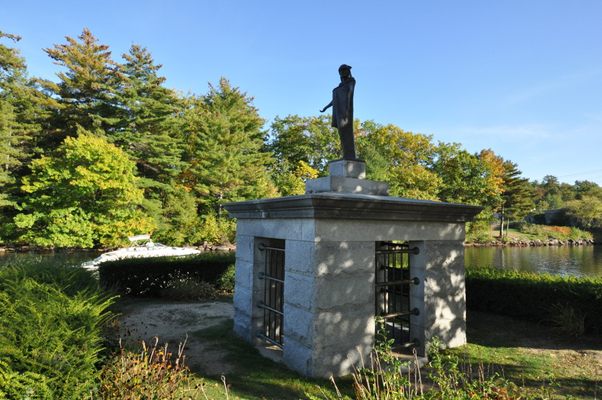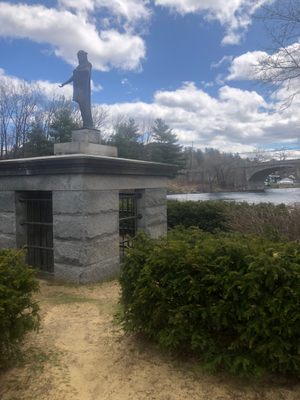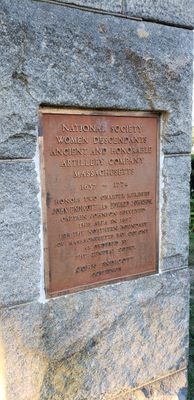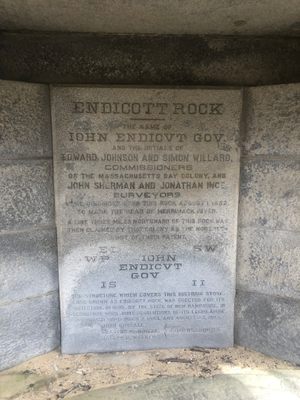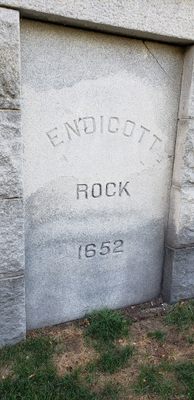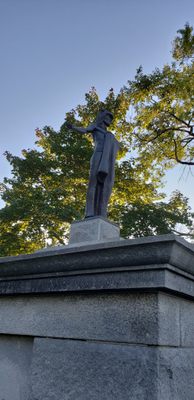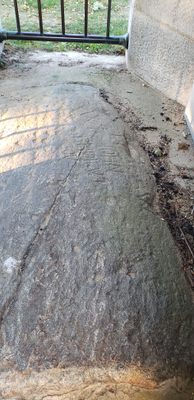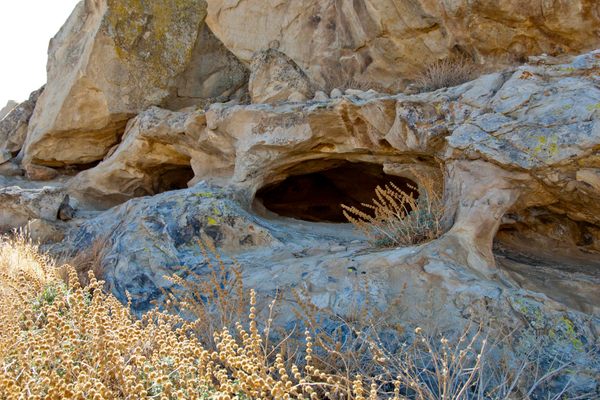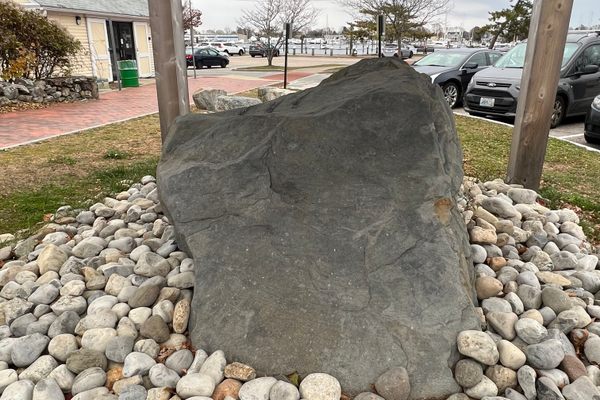About
Endicott Rock was originally inscribed by John Endicott in 1652, along with surveyors. Endicott was the governor of the Massachusetts Bay Colony at the time. The purpose of the rock was to mark the colony’s boundary, which was three miles north of the Merrimack River. This required finding the source of the Merrimack River. However, the location was mismarked because of a miscommunication with Native American guides. The actual location should be north at the headwaters of the Pemigeqasset River, which is a tributary of the Merrimack.
The purpose of the rock was to establish the boundary line between New Hampshire and the Massachusetts Bay Colony. Due to the mistake, New Hampshire got the better end of the bargain to the actual headwaters. However, New Hampshire didn’t quite agree with the Endicott expedition even though it did give them more land.
Officials complained to the crown and a royal commission was sent to settle the dispute. In 1740, the boundary line between Massachusetts and New Hampshire was settled. That boundary is still recognized today. However, the rock itself was all but forgotten.
During the 1800s, the rock was rediscovered. The channel from Lake Winnipesaukee and Lake Paugus was too shallow for steamboats to pass through, so a project was created to deepen and widen the channel. During that project, the Endicott Rock was unearthed.
Sometime before the 1900s, the citizens of New Hampshire had a structure built over the rock to protect it from the elements. It was also moved from its original location (in the channel) to the edge of the beach. Structural repairs were done to stop the deterioration process, and a statue of a Native American guide was placed on top of the monument. However, vandals damaged the statue. It was later repaired and moved to the Gale Memorial Library in Laconia. A new statue was dedicated in 2006 to honor the Native American guides.
Related Tags
Know Before You Go
There is a $10 parking fee at the park, but you can easily park where there is metered parking and walk down to the park.
Published
December 15, 2019
